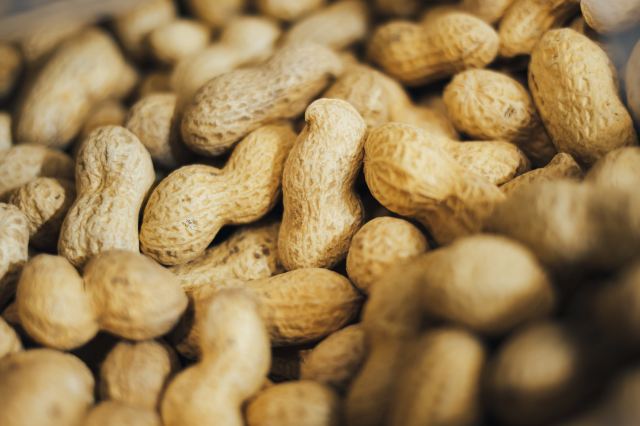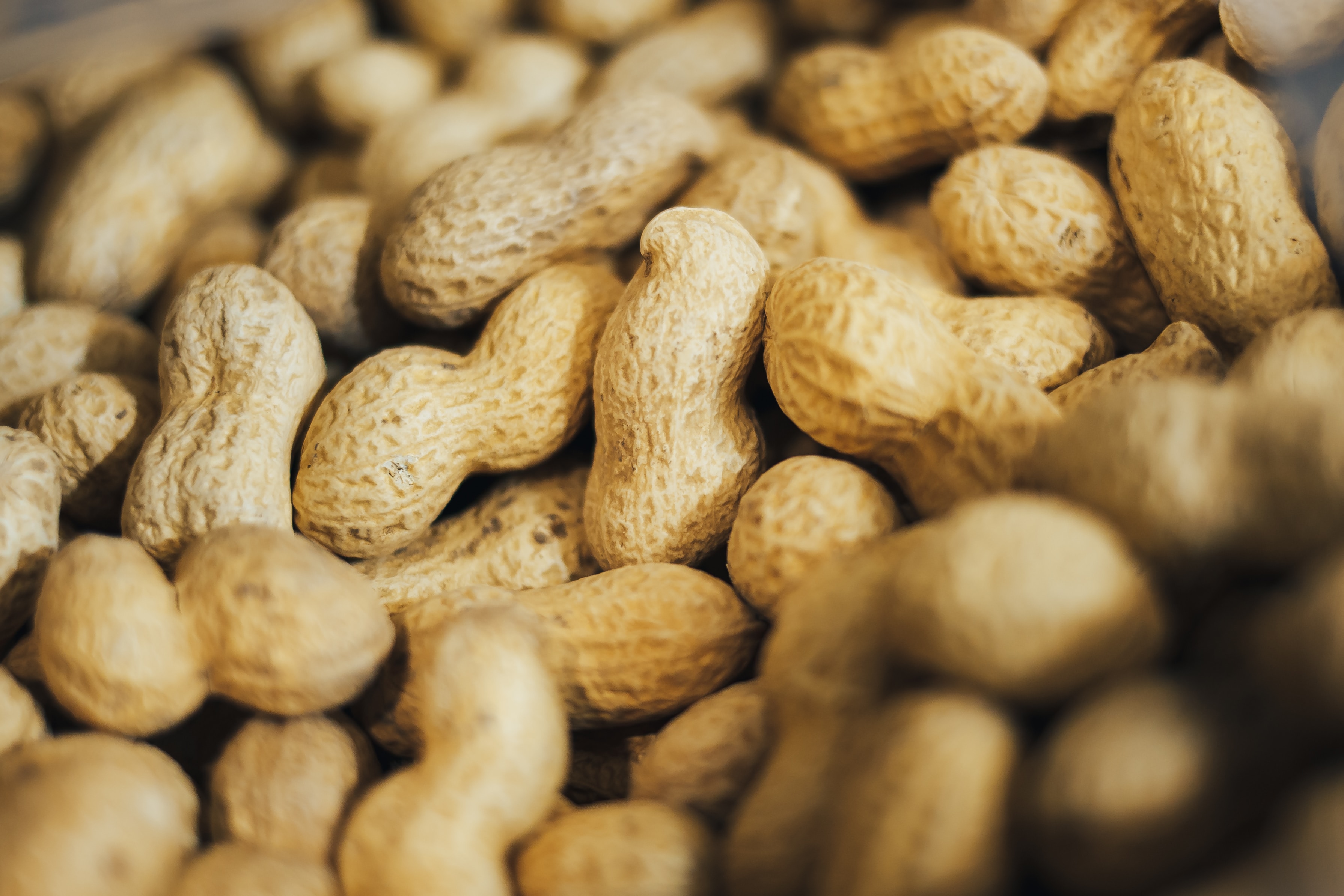
It’s tough to plan a flawless date for that special valentine when allergies and asthma can get in the way. Allergies are the 6th leading cause of chronic illness in the U.S. with an annual cost in excess of $18 billion. More than 50 million Americans suffer from allergies each year, and about 26 million suffer from asthma. That means cupid’s bow is bound to hit someone who suffers from allergies or asthma.
Got Valentine’s Day covered this year? Remember to steer clear of anything that might cause your sweetheart to break out in hives, or worse yet, have a severe allergic reaction. Here are some tips from ACAAI to consider as you plan your romance.
Yum! But wait.
Most people know that those with peanut allergies can have severe allergic reactions to anything that nuts touch. But the most common food allergens also include eggs, milk, tree nuts, fish, shellfish, wheat and soy. If you’re baking or cooking for February 14th, make sure your sweetheart is okay with the ingredients. Remember to check all labels to ensure foods are safe for your child. Be aware that holiday candy may be manufactured in a different facility than their regular-sized versions or may use different ingredients.
If you’ll be dining out at a special restaurant—especially one you’ve never been to before—call ahead to make sure food allergies can be accommodated by the kitchen. You’ll be a romantic hero for the night.
Pass on the perfume.
Some people have a response to strong fragrances—think grandma’s perfume and your old uncle’s cologne. It is generally a reaction to odors created by volatile organic compounds (VOCs) which can cause headaches, sneezing, watery eyes and runny noses. If your loved one doesn’t wear perfume, it’s probably for a reason, and maybe that’s a gift you should avoid this year.
A Red Rose.
How romantic! Nothing says Valentine’s Day like red roses. And for those allergic to plant pollen, it turns out that roses and some other plants produce very little or no pollen. Other “allergy-friendly” plants include begonia, cactus, clematis, columbine, crocus, daffodil and geraniums.
You shouldn’t have! Really.
Make sure your sweetheart isn’t allergic to the metals contained in some jewelry, particularly nickel. Nickel is found in many metal products, such as jewelry, zippers and buttons. Even chrome-plated objects and 14K and 18K gold contain nickel that can irritate the skin if the gold gets moist.
Pucker up with care.
Believe it or not, there’s something called a “kissing allergy,” most commonly found in people who have food or medication allergies. Symptoms include swelling of the lips or throat, rash, hives, itching and wheezing. So what’s a lovebird to do? Allergists recommend that the non-allergic partner brush his or her teeth, rinse his or her mouth and avoid the offending food for 16 to 24 hours before smooching.
Whatever your choices for wooing your loved one this Valentine’s Day, make sure it’s a gift that’s safe and allergy-free.













